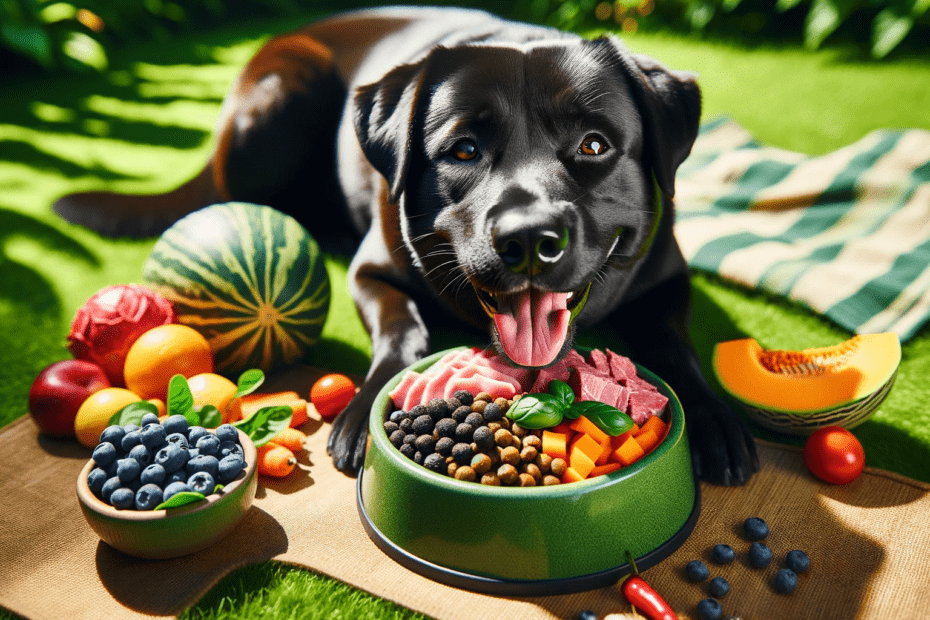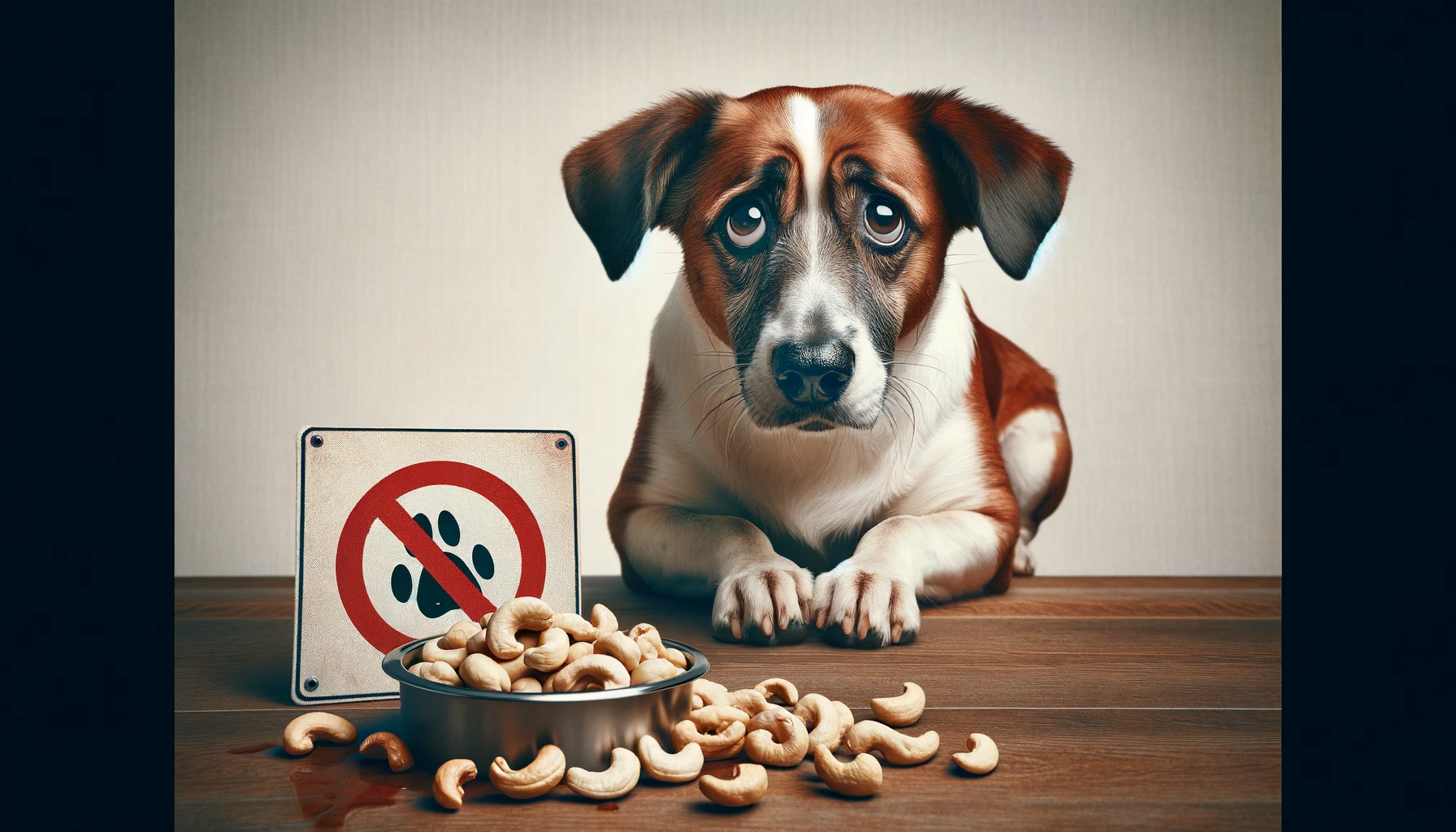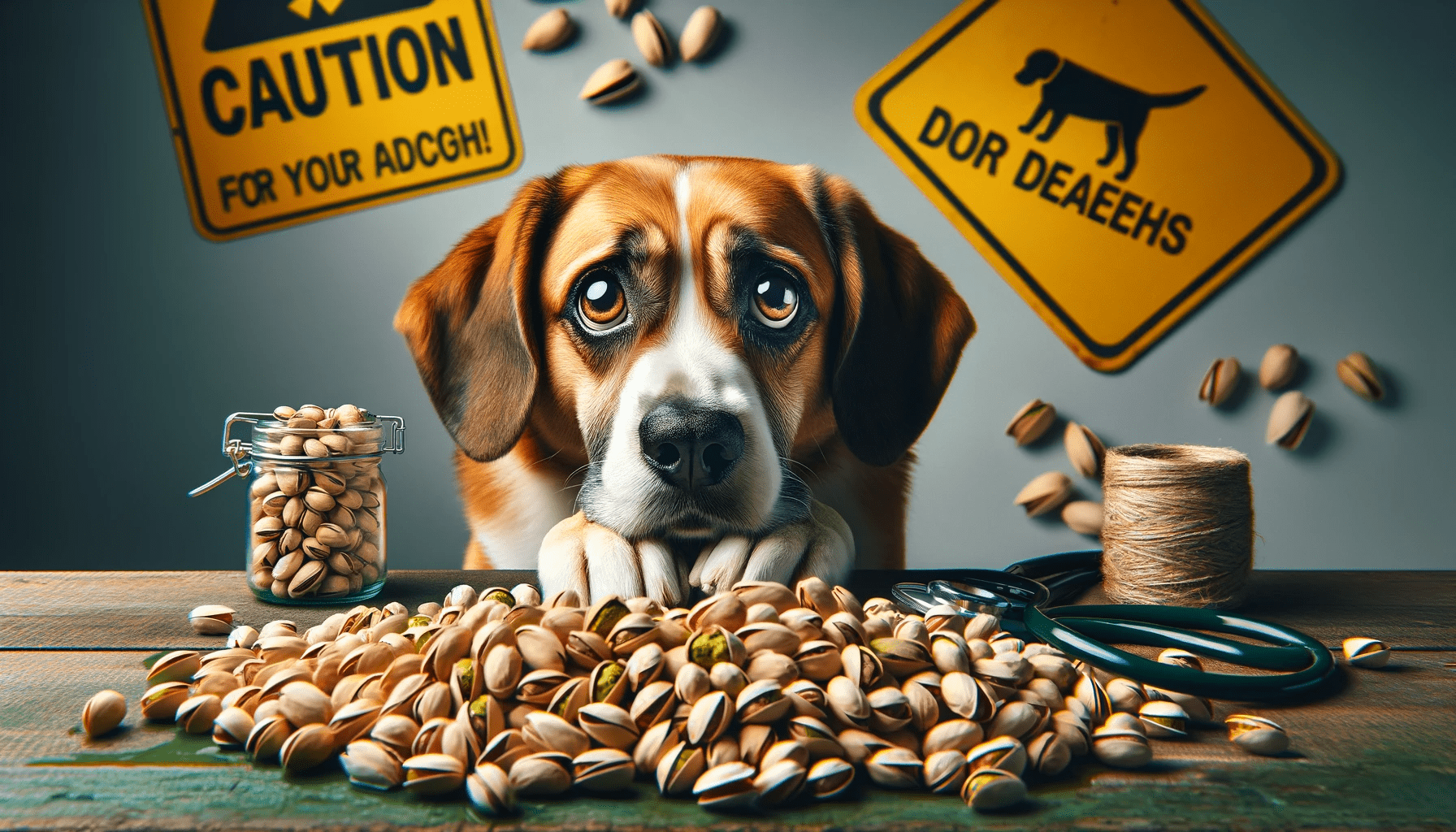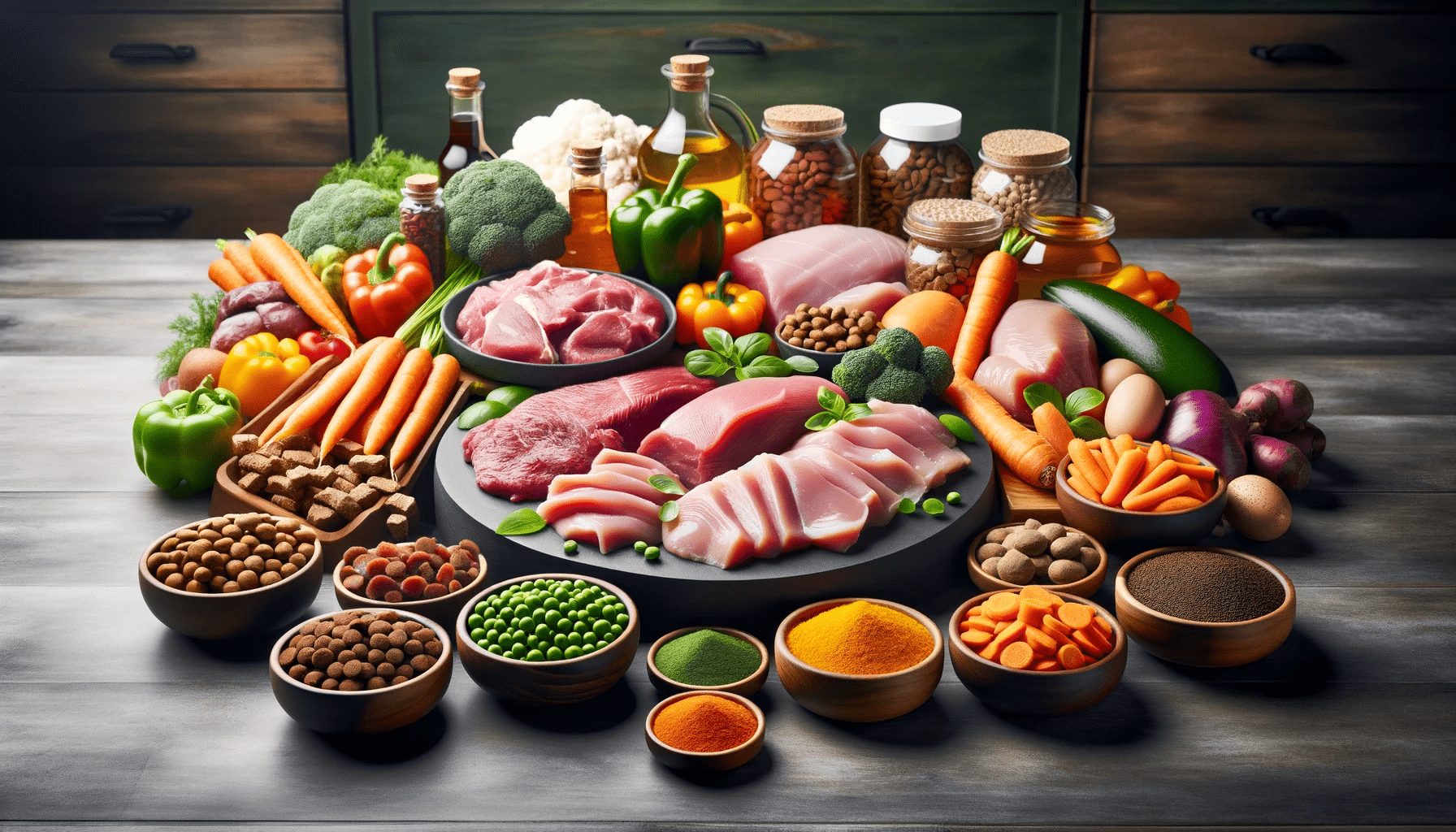Are you wondering what the best diet is for your furry friend? Look no further! In this article, we'll delve into the world of canine nutrition and help you understand what your dog needs to stay healthy and happy.
We'll explore the factors that influence your dog's diet, provide tips for crafting a well-balanced meal plan, and offer advice for managing their weight effectively.
Get ready to choose the perfect dog food for your beloved pet!
Key Takeaways
- Dogs require a balanced diet with proteins, carbohydrates, fats, vitamins, and minerals to maintain overall health and wellbeing.
- Consider age, breed, and activity level when selecting dog food, as different life stages have different nutritional needs.
- Consult with a veterinarian for appropriate portion sizes and to determine the ideal weight for your dog.
- Regularly monitor your dog's weight and adjust the meal plan accordingly, aiming for gradual and steady weight loss if necessary.
Understanding Canine Nutritional Needs
To properly care for your dog, you need to understand the unique nutritional needs they have as canines. Canine dietary requirements play a crucial role in maintaining your dog's overall health and wellbeing.
Just like humans, dogs require a balanced diet that provides them with the necessary nutrients for growth, energy, and disease prevention. Proper nutrition is of utmost importance for dogs as it directly affects their immune system, digestion, and overall body function. Dogs need a diet that includes proteins, carbohydrates, fats, vitamins, and minerals in appropriate proportions.
Proteins are essential for muscle development and repair, while carbohydrates provide energy. Fats are a concentrated source of energy and important for healthy skin and coat. Vitamins and minerals are necessary for various metabolic processes and to support a strong immune system.
When choosing dog food, it's essential to read the labels and understand the ingredients. Look for high-quality dog food that meets the Association of American Feed Control Officials (AAFCO) standards. AAFCO ensures that the food provides complete and balanced nutrition for dogs. Additionally, consult with your veterinarian to determine your dog's specific dietary needs based on factors such as age, breed, activity level, and any underlying health conditions.
Factors Affecting Your Dog's Diet
There are three main factors that can affect your dog's diet.
The first factor is the feeding schedule. Establishing a regular feeding schedule is important to ensure that your dog gets the right amount of nutrients at the right times. Feeding your dog at consistent intervals helps regulate their metabolism and digestion. It also prevents overeating and weight gain, which can lead to health problems.
The second factor is potential allergies. Just like humans, dogs can have food allergies or sensitivities. Common allergens for dogs include beef, dairy, wheat, and soy. If you notice symptoms such as itching, vomiting, or diarrhea after feeding your dog a certain type of food, it may be a sign of an allergy. Consult with your veterinarian to determine the cause and find an appropriate alternative diet for your dog.
Lastly, it's important to consider your dog's age, breed, and activity level when determining their diet. Puppies require more calories and nutrients for growth, while senior dogs may need a diet that supports joint health. Certain breeds may have specific dietary requirements, such as large breed dogs needing food with controlled calcium levels to prevent bone issues. Additionally, active dogs will require more calories than sedentary ones.
Crafting a Well-Balanced Meal Plan
You can craft a well-balanced meal plan for your dog by considering their specific dietary needs and preferences. Meal prep and portion control are key factors in ensuring that your dog gets the right nutrients in the right amounts.
When meal prepping for your dog, it's important to include a variety of protein sources, such as lean meats like chicken, turkey, or fish. These proteins provide essential amino acids that support your dog's muscle development and overall health. Additionally, include a mix of fruits and vegetables, like carrots, broccoli, and blueberries, to provide necessary vitamins and minerals. However, be cautious about certain foods that can be harmful to dogs, such as grapes, onions, and chocolate.
Portion control is equally important when crafting a well-balanced meal plan for your dog. It's recommended to consult with your veterinarian to determine the appropriate portion sizes based on your dog's size, age, and activity level. Overfeeding can lead to obesity and other health issues, while underfeeding can result in nutrient deficiencies. By measuring your dog's meals and feeding them in appropriate portions, you can help maintain a healthy weight and ensure they receive the right amount of nutrients.
Managing Your Dog's Weight Effectively
To effectively manage your dog's weight, it's crucial to monitor their food intake and exercise regularly. Weight management in dogs is important for their overall health and can contribute to a longer, happier life. If your dog needs to lose weight, here are some helpful tips to assist you in achieving that goal.
Firstly, it's essential to consult with your veterinarian to determine your dog's ideal weight and create a customized weight loss plan. They can provide guidance on the appropriate amount of food your dog should be eating based on their age, breed, and activity level. Portion control is key to successful weight loss, so be sure to measure your dog's food accurately and avoid free-feeding.
In addition to portion control, incorporating exercise into your dog's daily routine is crucial. Regular physical activity not only helps your dog burn calories but also strengthens their muscles and improves their cardiovascular health. Engage in activities that your dog enjoys, such as brisk walks, playtime, or swimming.
Another effective weight loss tip is to provide low-calorie treats or use their regular food as rewards during training sessions. This helps to prevent excessive calorie intake while still providing positive reinforcement.
Remember, weight loss should be gradual and steady. Aim for a slow and steady weight loss of around 1-2% per week. Rapid weight loss can be harmful to your dog's health.
Tips for Choosing the Right Dog Food
When it comes to selecting the best diet for your dog, it's important to carefully consider their nutritional needs and preferences. One important factor to consider is the possibility of common dog allergies. Dogs can be allergic to certain ingredients commonly found in dog food, such as beef, chicken, wheat, and soy. If you suspect that your dog may have food allergies, it's recommended to consult with your veterinarian to determine the specific allergens and find a suitable alternative dog food option.
There are several alternative dog food options available for dogs with food allergies. One option is to choose a limited ingredient diet, which contains a small number of ingredients to minimize the risk of triggering allergies. These diets are usually made with novel protein sources, such as venison or duck, and alternative carbohydrate sources like sweet potatoes or peas. Another option is to opt for hypoallergenic dog food, which is specially formulated to be less likely to cause allergic reactions.
When selecting dog food, it's also important to consider your dog's age, breed, and activity level. Puppies, adult dogs, and senior dogs have different nutritional needs, so it's important to choose a dog food that's appropriate for their life stage. Additionally, some dog breeds may have specific dietary requirements or be prone to certain health conditions that require a specialized diet.
Frequently Asked Questions
Can I Feed My Dog a Vegetarian or Vegan Diet?
Yes, you can feed your dog a vegetarian or vegan diet. Vegetarian dog food and vegan dog food are available and can provide the necessary nutrients. However, consult with a veterinarian to ensure your dog's specific dietary needs are met.
How Can I Incorporate Homemade Treats Into My Dog's Diet?
Incorporating homemade treats into your dog's diet can be a great way to add variety and address picky eaters. However, it's important to ensure that these treats are balanced and meet their nutritional needs.
Is It Safe to Feed My Dog a Raw Food Diet?
Feeding your dog a raw food diet has pros and cons. Some benefits include improved dental health and more energy. However, there are risks, such as bacterial infections. Consult with a veterinarian to determine if it's safe for your dog.
What Are Some Common Signs of Food Allergies in Dogs?
If your dog is experiencing symptoms such as itching, diarrhea, or vomiting after eating, it could be a sign of food allergies. Identifying these allergies is crucial for their health and well-being.
Can I Feed My Dog Table Scraps or Leftovers From My Own Meals?
You may wonder if it's okay to feed your dog table scraps or leftovers. While it's tempting, it's important to consider their feeding habits and nutritional requirements.
Conclusion
In conclusion, understanding your dog's nutritional needs is crucial for their overall health and well-being. Factors such as age, breed, and activity level should be considered when crafting a well-balanced meal plan.
Managing your dog's weight effectively is also important to prevent obesity-related health issues. When choosing the right dog food, look for high-quality ingredients that meet the nutritional requirements set by experts in canine nutrition.
By providing a proper diet, you can ensure a long and healthy life for your beloved pet.






